- 50shares
- 50
Black piranha 464 PSI (32.6 kg/cm2)
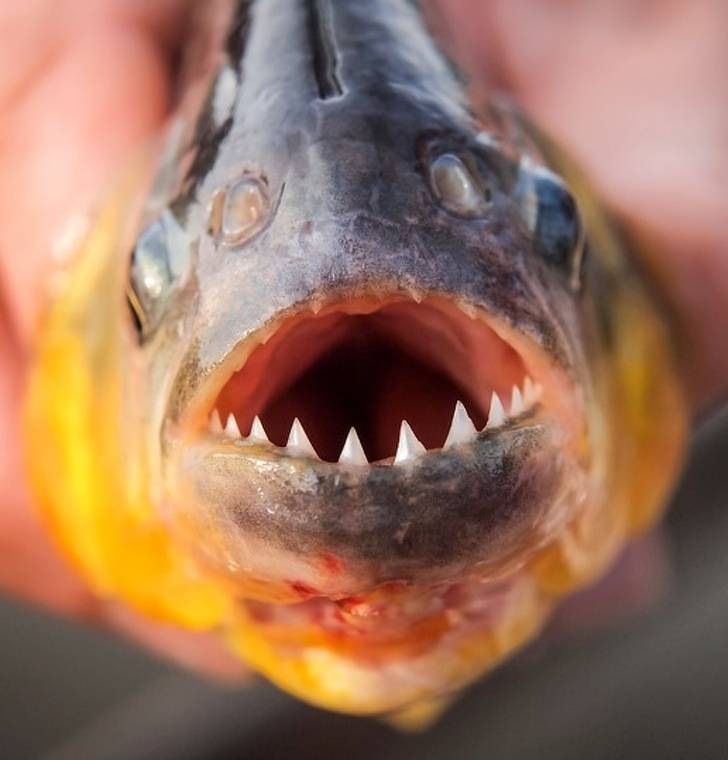
Piranhas are considered to be the most aggressive fish on earth. Turns out that black piranha’s bites are much stronger than ordinary fish of the same weight. According to biologists, the maximum bite force of this fish was close to 320 Newtons. That means the strength of an alligator bite with a comparable mass, would be 3 times lower.
Cougar 724.6 PSI (50.9 kg/cm2)
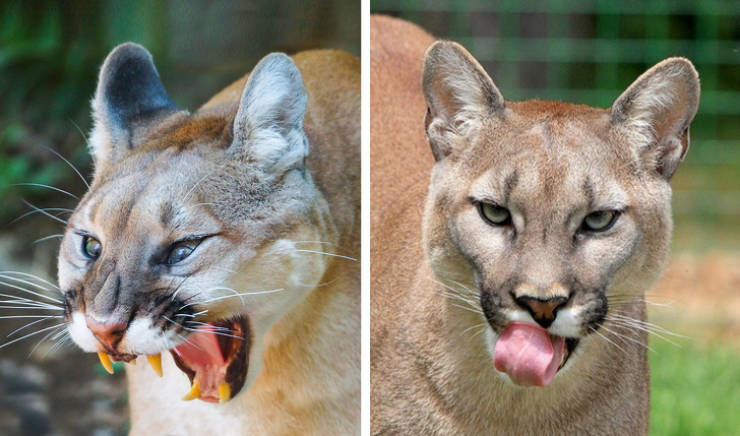
A puma or a cougar is not only one of the fastest animals in the world, but it also has a really strong bite. Cougars hunt for a variety of animals: from squirrels and rabbits to wild pigs and moose. Usually they attack medium-sized animals — deer or mountain sheep, though cougars can easily attack animals that are significantly larger than they are.
Grey wolf 398 PSI (28 kg/cm2)
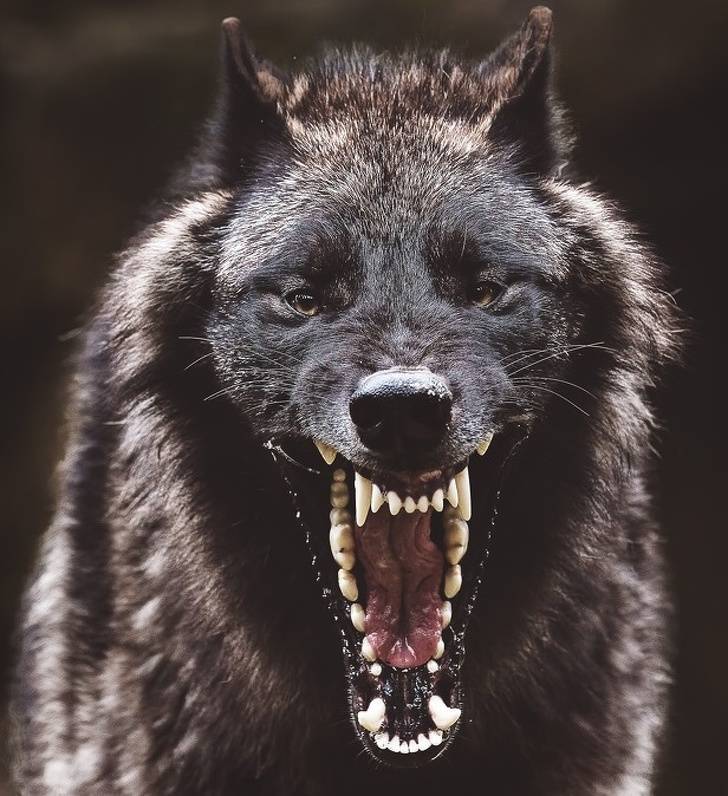
Wolves live in packs, though the adults are mostly strong individually as well. Their teeth are large and better suited to bone crushing than other canines. The wolf’s force is enough to break open and crush bones of a same-sized animal with just a few bites.
Alligator snapping turtle 1,004 PSI (66.9 kg/cm2)
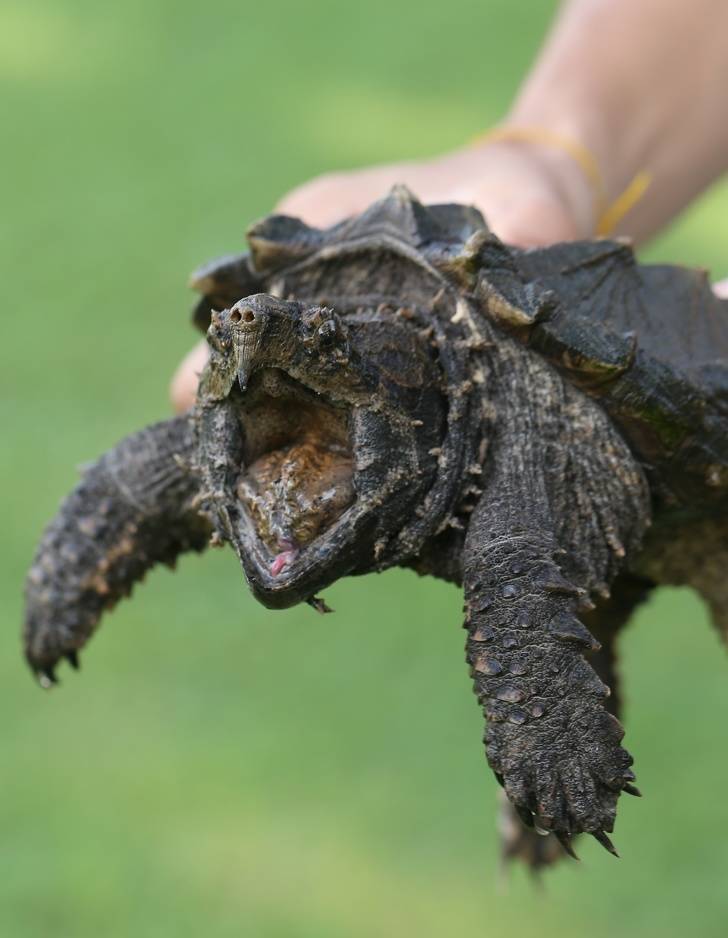
Despite the absence of teeth, this turtle can crash a whole pineapple in a split second or bite off a human finger.
Polar bear 1,200 PSI (84.3 kg/cm2)
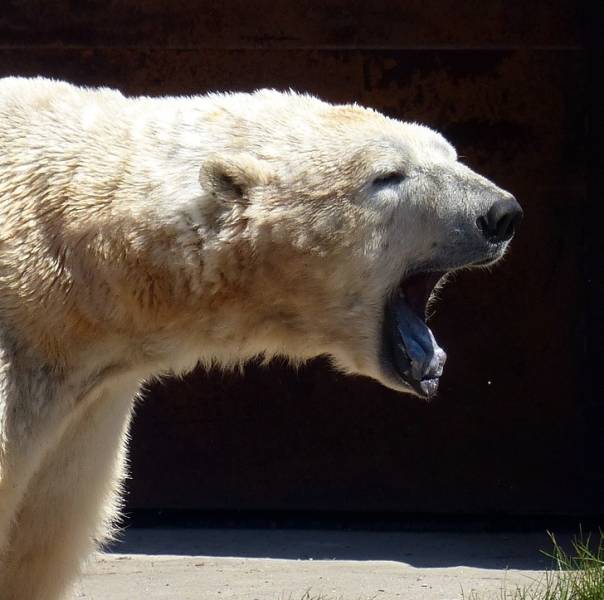
The polar bear is one of the largest land predators and can reach 3 m (9.8 ft) in length and weigh one ton (2,000 lbs). Unlike most bears that feed on plants, polar bears are total meat-eaters. Their powerful jaws are necessary for the northern climate in order to cope with the thick-skinned food in the Arctic.
Mastiff 550 PSI (38.6 kg/cm2)
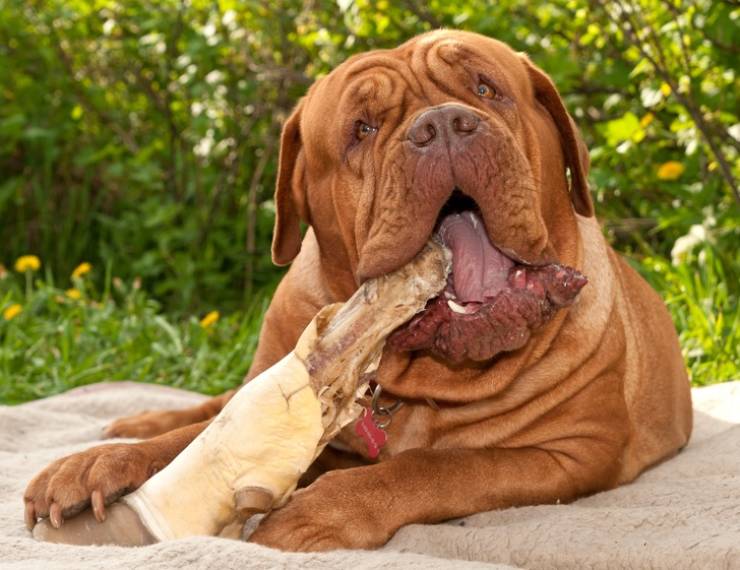
Despite the fact that these dogs are calm and affectionate (mastiffs can be caring nannies for human children), they have a strong grip and have developed protective qualities. Their jaws can easily break a thick stick or even a human bone.
Lion 650 PSI (45.7 kg/cm2)
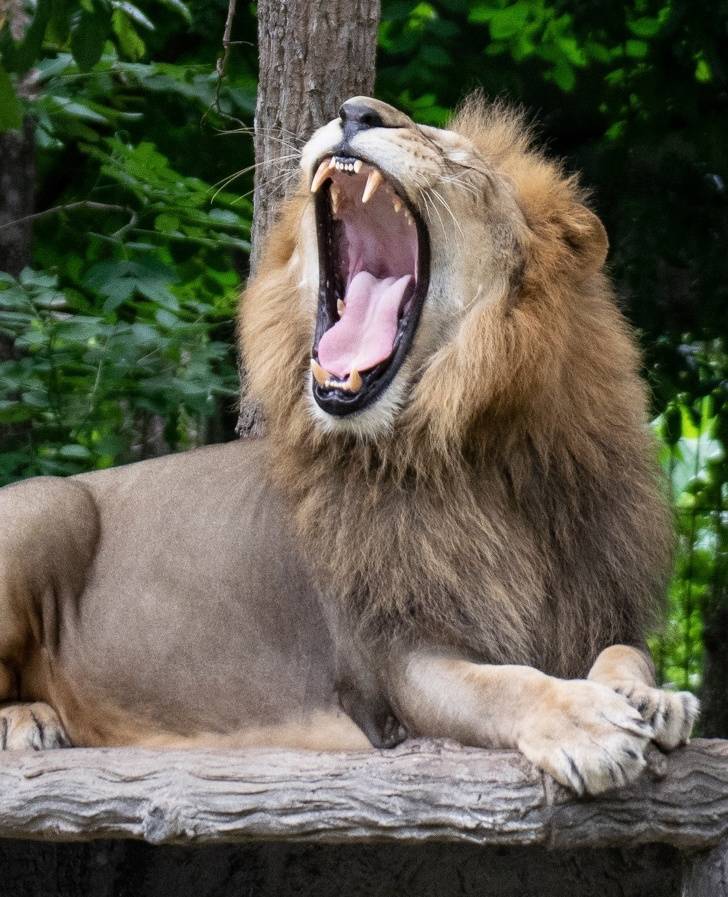
The lion is a champion in height among all of the big cats. Though they’re social creatures and hunt in groups, with their powerful legs and strong jaws these predators can kill pretty large animals alone.
Bengal tiger 1,050 PSI (47 kg/cm2)
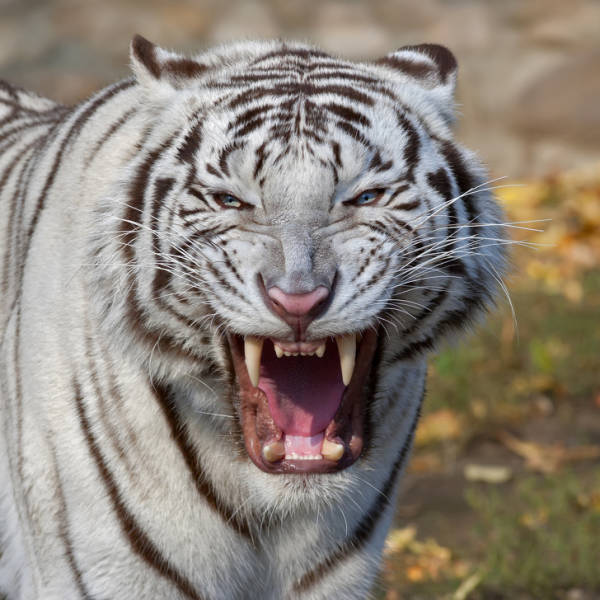
Bengal tigers live in the Indian subcontinent. Among all of the felines, this predator has the longest teeth — 7.5 to 10 cm (3-4 inches).They are powerful hunters that travel many miles to chase buffalo, deer, pigs, and other large animals. A hungry tiger can eat up to 27 kg (60 lbs) in one night.
Hyena 1,100 PSI (77 kg/cm2)
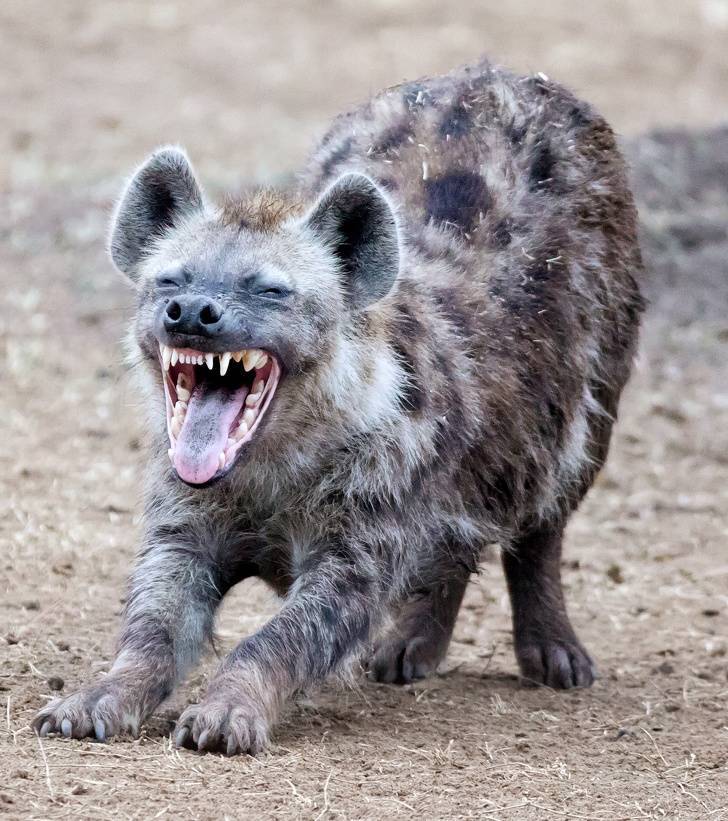
Hyenas weight can reach 60 kg (132 lbs). Although hyenas are considered scavengers, zoologists estimate that in 50% of cases, these animals feed on a victim, which they killed. Hyenas are capable of running up to 60 km/h (37.2 mph), the average speed of a city bus. A powerful jaw and sharp teeth can allow it to catch and kill almost any animal — an antelope, a buffalo, or even a small giraffe.
Grizzly bear 1,160 PSI (81.5 kg/cm2)
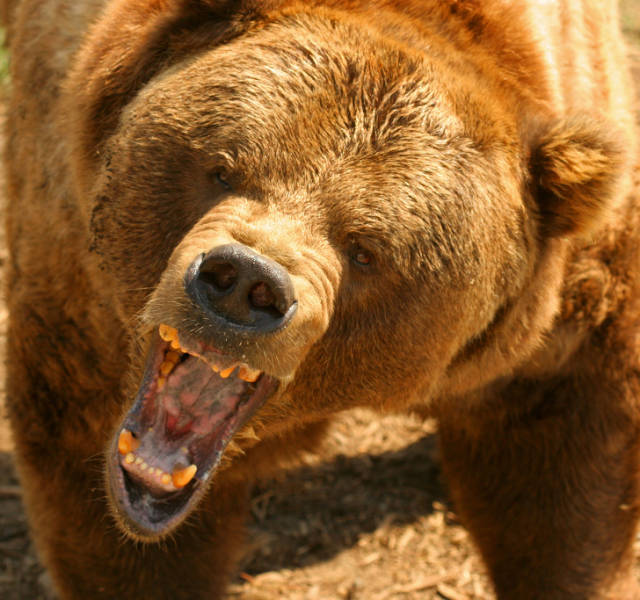
Among bears, the grizzly bear is known for its aggressive behavior and strength. The weight of the animal can reach up to 680 kg (1,500 lbs) and it is believed that it’s capable of knocking a moose down with one paw strike. Scientists suggest that a grizzly bite is enough to crush a bowling ball.
Gorilla 1,300 PSI (91 kg/cm2)
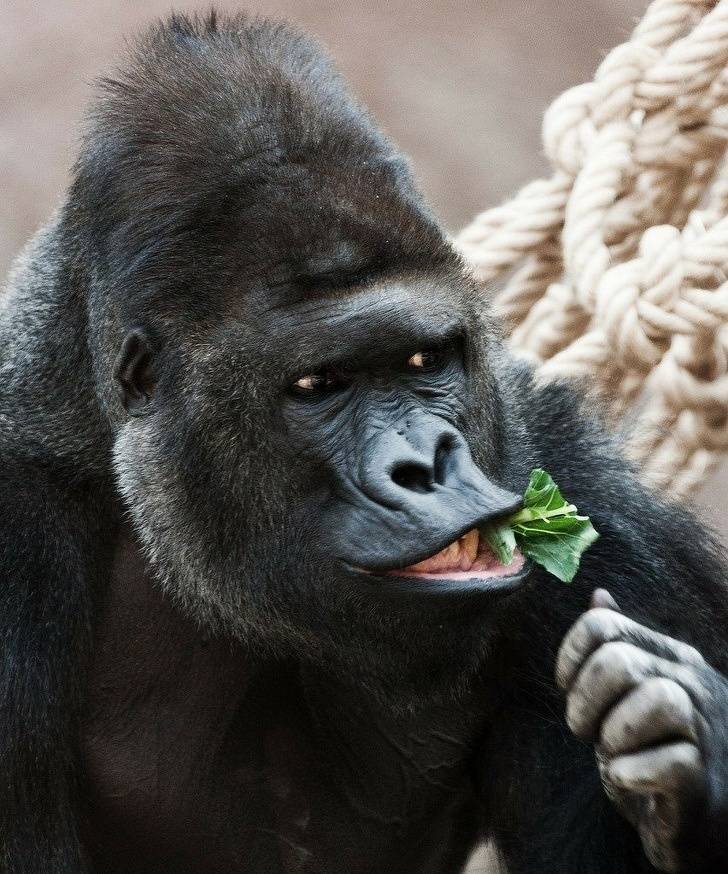
Gorillas not only eat soft bananas, but also crack nuts, chew hard shoots, bark, and tubers. Luckily for most of the gorillas natural neighbors, these animals are mainly vegetarians. But to protect their group, they will not only use their paws, but also their powerful jaws that can bite through almost anything.
Hippopotamus 1,800 PSI (126.5 kg/cm2)
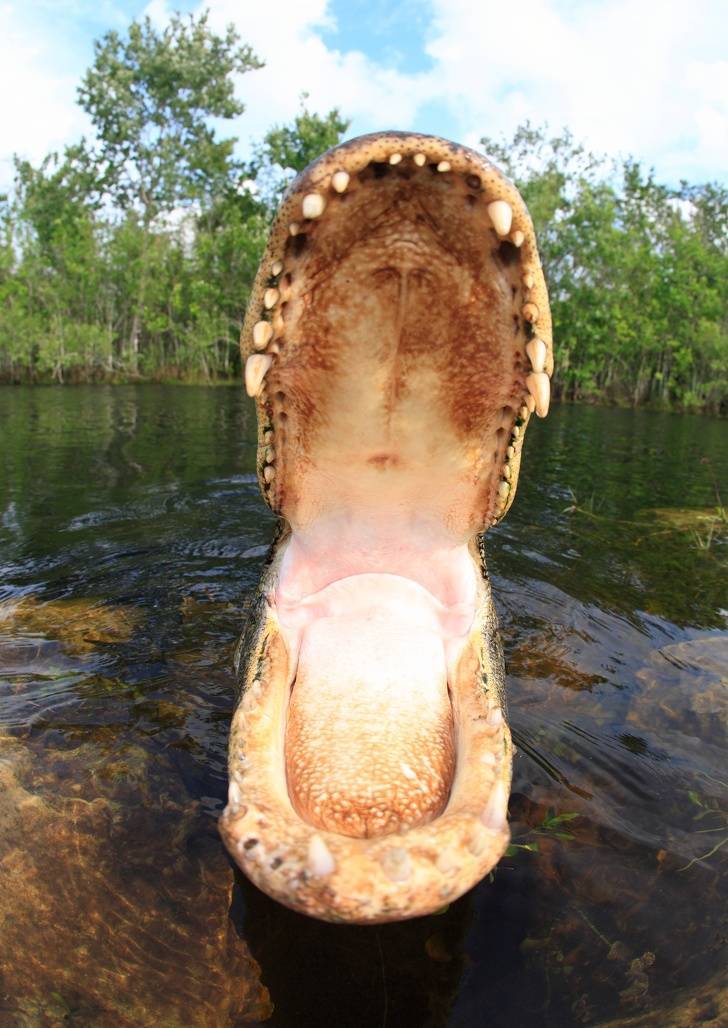
Many people imagine hippos as kind chubsters. In reality, they’re one of the most dangerous animals in Africa, and can be pretty aggressive — their bite can kill a lion or a crocodile. A hippo can crush a watermelon with the same ease as a person crushes a grape in his mouth.
Jaguar 1,500 PSI (105.4 kg/cm2)
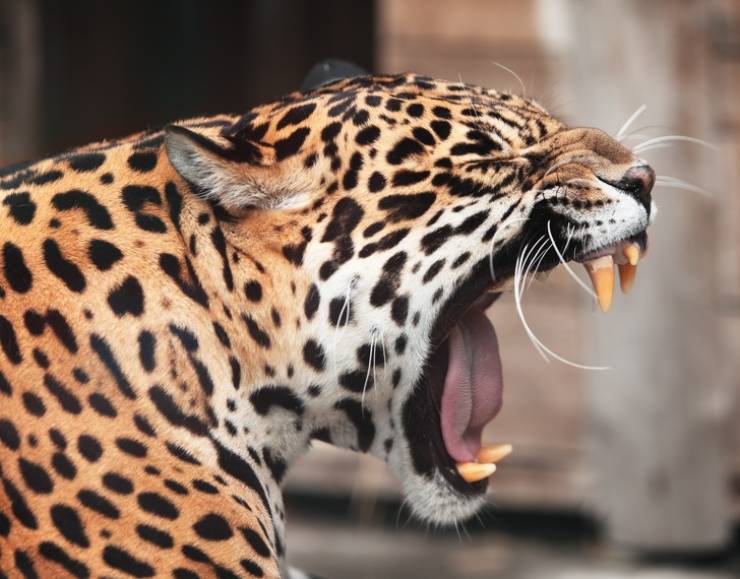
Unlike all the other big cats the jaguar is a skilled swimmer — they hunt fish and turtles and can crack a turtle or armadillo shell. But they’re also good at land hunting, even using their powerful jaws to go after deer and cows.
American alligator 2,125 PSI (149 kg/cm2)
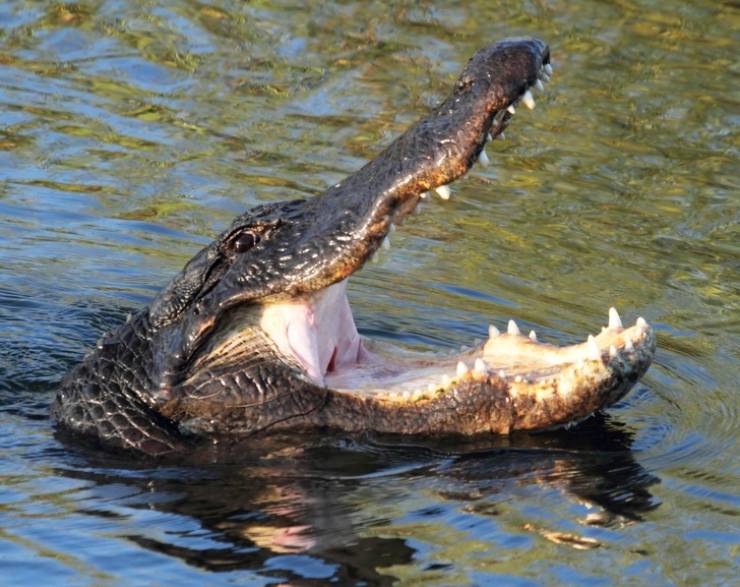
American alligators live in the wild in the southeastern United States, mostly in Florida and Louisiana, where they live in rivers, lakes, and swamps. An average male alligator is about 11-15 ft (3.5-4.5 m) long and can weigh ~990 lbs (~450 kg). So these reptiles are actually large enough to attack a human, but they prefer eating fish and turtles.
Saltwater crocodile 3,700 PSI (260 kg/cm2)
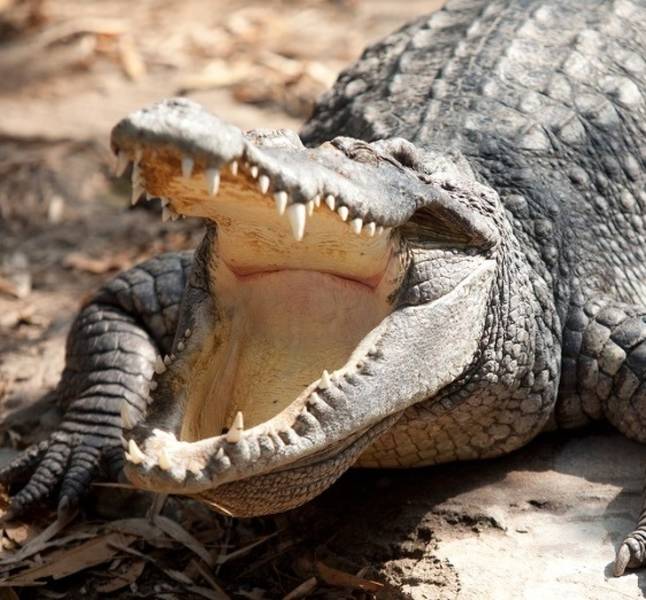
Dr. Gregory Erickson, from Florida State University, conducted a 10-year study that measured the jaw strength of 23 crocodile species. The strongest result (mentioned above) was received from a wild saltwater crocodile. The largest reptiles grow up to 7 meters (22.9 ft) in length, with a mass of up to 2 tons, so the bite force might vary. Sometimes crocodiles attack boats, actually biting through them.
Great white shark 4,000 PSI (281 kg/cm2)
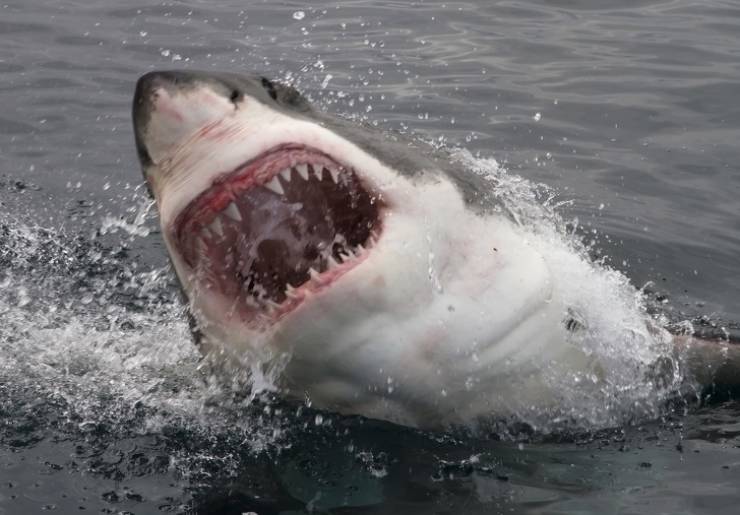
In 2008, a team of Australian scientists used computer simulations based on X-ray images of shark skulls and determined that a great white shark could bite with a certain force. Generally, the force of a shark bite depends on their size, and smaller sharks, that are up to 4 m long, have a weaker bite.
- 50shares
- 50
 Barnorama All Fun In The Barn
Barnorama All Fun In The Barn